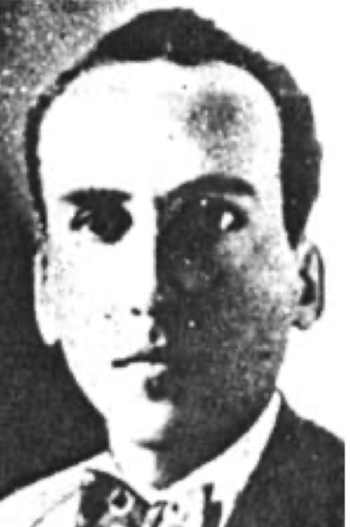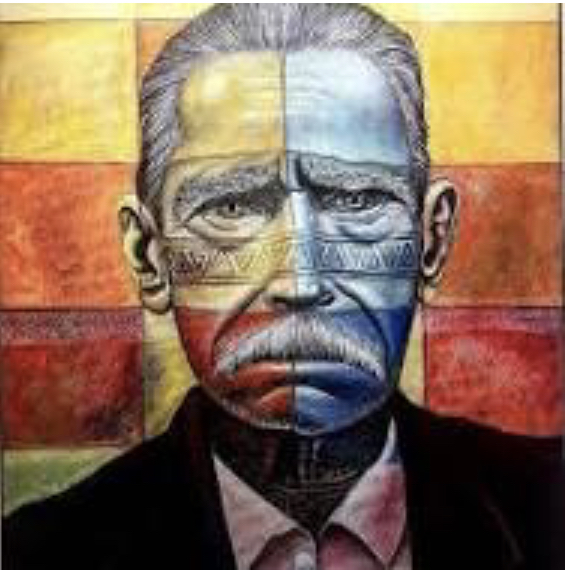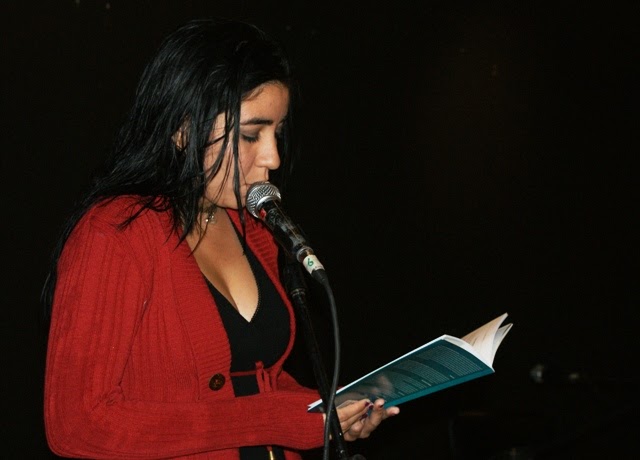Publio Antonio Falconí Pazmiño (Chone, January 21, 1906 – Guayaquil, July 1991) was an Ecuadorian poet, journalist, educator, and public servant. A member of the influential “Generación Literaria Argos,” he contributed significantly to the cultural and literary renaissance of Portoviejo in the 1920s. Known for his journalistic work with El Universo and Diario Manabita, where he wrote under the pseudonym “Alpas,” he also authored two unpublished poetry collections, El cántaro roto and La ruta azul. His lyrics for the pasillo “Al morir de las tardes” remain a hallmark of Ecuadorian music. Beyond literature, he served as a professor, rector, municipal leader, and advocate for retirees, earning national and international recognition for his contributions to culture, education, and public service.
Continue reading “Publio A. Falconí”Category: Writers from Chone
Pedro Florentino Valdez
Pedro Florentino Valdez Alcivar, originally from Rocafuerte, stood as a testament to raw poetic talent. Despite not being able to read or write, he had an extraordinary ability to share profound thoughts through the oral tradition. In his younger years, he settled in Chone, where the environment deeply influenced his oral verses. Milton Erazo Vera compiled and introduced Valdez’s spoken poetry to a broader audience through “El poeta de la Montaña” in 1957. Horacio Hidrovo further honored Valdez by depicting him as deeply connected to nature’s essence. By the 1990s, “Amorfinos costeños” compiled various forms of Valdez’s oral poetry, from décimas to quartets. His work, abundant with themes like love, hardships, natural beauty, and cultural celebrations, reflected his desire to connect with the written word. Valdez’s legacy remains a powerful reminder of the beauty of oral traditions and our deep bond with nature.
Continue reading “Pedro Florentino Valdez”Yuliana Marcillo
Yuliana Marcillo Mirabá (Chone, 1987) is an Ecuadorian poet, writer, journalist, and editor. She worked as a journalist and co-editor of the Manabí newspaper La Marea, as well as an editor at the House of Ecuadorian Culture in Quito. Her poems have appeared in newspapers, magazines, and anthologies. She’s a former member of the literary workshop Soledumbre, directed by the poet Pedro Gil at the Civil University Eloy Alfaro of Manabí. Marcillo’s first poetry collection, “No debería haber mujeres buenas,” was published in 2010.
Continue reading “Yuliana Marcillo”


